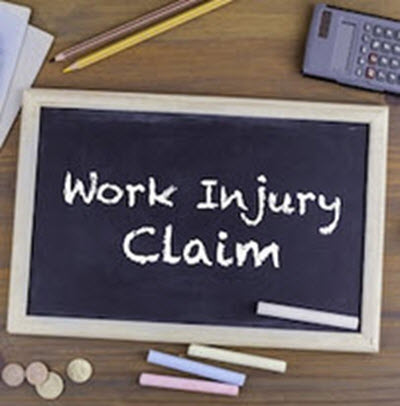If you are employed in Pennsylvania and have been injured on the job, you may be feeling frustrated and overwhelmed trying to determine what the next steps are and if you have any options available to you. The language in the workers’ compensation statutes can be hard to understand, and employers rarely go out of their way to make this information more accessible.
Many employees find that hiring an experienced Pennsylvania Personal Injury Lawyer is the best way to level the playing field between them, their employer, and their employer’s workers’ compensation insurance provider. Otherwise, it can often feel more like two-against-one, or the world against one, with the employer and insurance provider possessing a wealth of knowledge and understanding that they are free to withhold and use to their own advantage, while an injured employee struggles just to find a way to get back to work and wonders why the help they are legally entitled to doesn’t seem to be showing up.
Denials of Valid Workers’ Compensation Claims
Workers’ compensation insurance providers receive thousands of claims, and, if they paid out all of them, they would go out of business. These companies therefore have a vested interest in minimizing the number of claims that they pay out as much as possible. This means that part of the workers’ compensation process for instance companies is finding a way to avoid liability for incoming claims and to deny as many as possible. In this process, many valid claims are rejected. This is why claims that are appealed have a much higher chance of being approved following a denial, because the initial denial was likely a blanket denial intended to decrease payable claims and weed out any claimants who aren’t willing to fight, with little attention paid to the actual basis of the claim. Often claims will be rejected on the basis that the employee did not suffer a qualifying work-related injury or occupational disease, but what does that really mean?
Work-Related Injuries
In order to receive workers’ compensation for an injury, it must be work-related. This means that the injury must have occurred in the course of your employment and in the interest of your employer. The most important thing to understand when it comes to proving a work-related injury, is that employers hire you as-is, and are responsible for any ways in which your employment makes existing conditions worse, as well as for any conditions that your employment causes. A pre-existing condition, such as asthma or a herniated disk, can be aggravated by working conditions. In that case, the employer is not absolved of responsibility because the condition already existed; rather, the employer is responsible for the ways they made it worse.
Occupational Diseases
Some diseases are understood to be a clear risk of certain professions. For example, hepatitis and tuberculosis for nurses and those who work directly with blood, heart disease and lung diseases for firefighters, and Pneumoconiosis and silicosis for coal miners. When people who work in high risk professions contract these diseases, it is understood that the disease is contracted due to their employment, and they are not required to prove the causation element that would otherwise be necessary to receive coverage. However, this list is not exhaustive, and there are means for pursuing coverage for other diseases directly tied to an individual’s employment.
Schedule a Consultation
If you have suffered a workplace injury, you do not have to navigate this process alone. Schedule a free initial consultation with the personal injury attorneys at the O’Donnell Law Offices serving clients in Kingston, Wilkes Barre, Hazleton and Pittston at 570-821-5717 or online today. There is no fee or costs until we win your case.
Resource:
dli.pa.gov/Businesses/swif/claims/Pages/What-is-Work-Related-Inury-and-Occupational-Disease.aspx

